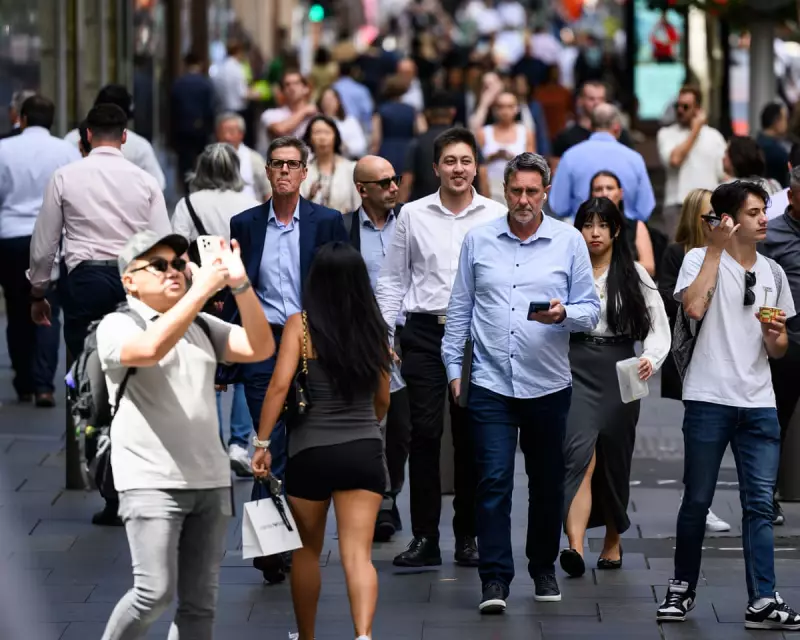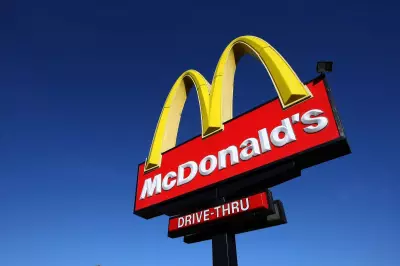
For millions of Britons, the cost-of-living crisis continues to bite. Although official figures show inflation has declined from its peak, prices for essentials like food, energy, and housing remain painfully high.
The Inflation Paradox
Recent data reveals that while the inflation rate has dropped to 4.2%, down from last year's staggering 11.1%, this doesn't mean prices are falling. Instead, it indicates they're rising at a slower pace. Many households report feeling little relief as their budgets remain stretched to breaking point.
Key Pressure Points
- Food prices remain 25% higher than pre-pandemic levels
- Energy bills are still nearly double what they were in 2021
- Mortgage payments have skyrocketed due to interest rate hikes
- Rental costs continue climbing across most UK regions
When Will Prices Stabilise?
Economic analysts suggest several factors will determine when relief might come:
- Global energy markets: Further reductions in wholesale gas prices could lower bills
- Wage growth: If pay rises outpace inflation, household finances will improve
- Bank of England policy: Interest rate cuts could ease mortgage pressures
Most experts predict meaningful improvement won't come before late 2024 at the earliest, with some warning of a 'new normal' of higher prices persisting for years.
The Human Impact
Food banks report record demand, while energy poverty affects millions. The Resolution Foundation estimates typical households are £1,900 worse off than before the crisis began. With winter approaching, charities warn the situation could worsen before it improves.





